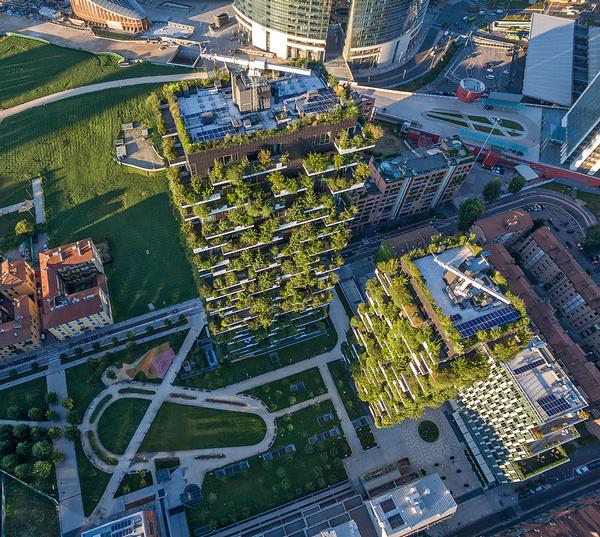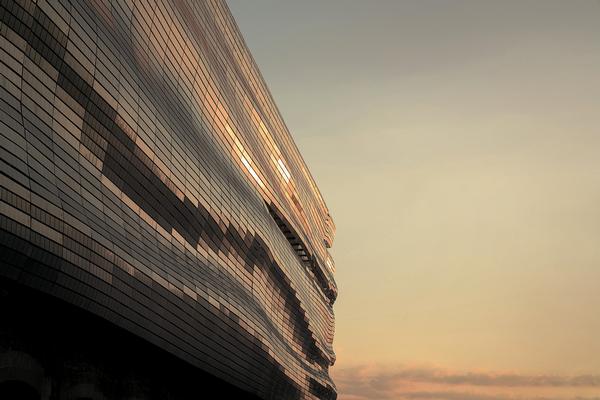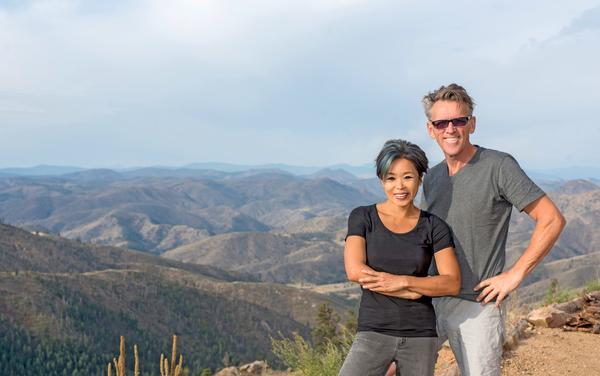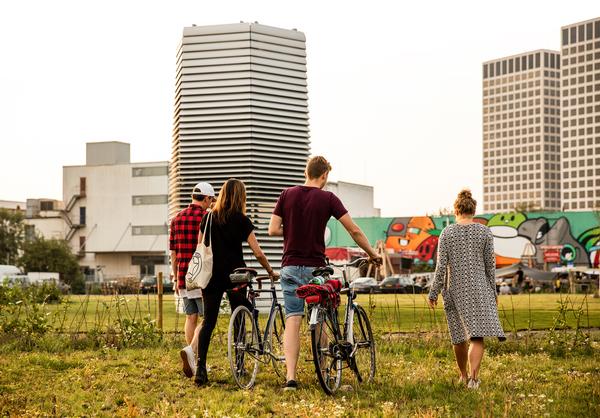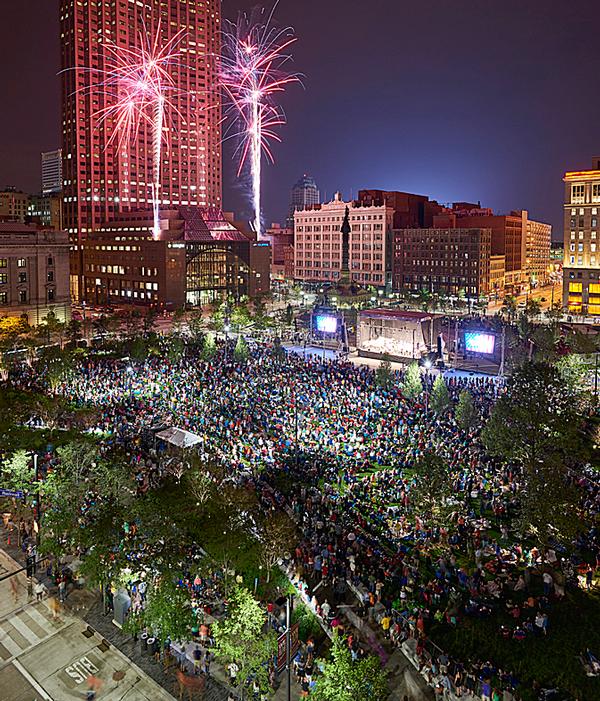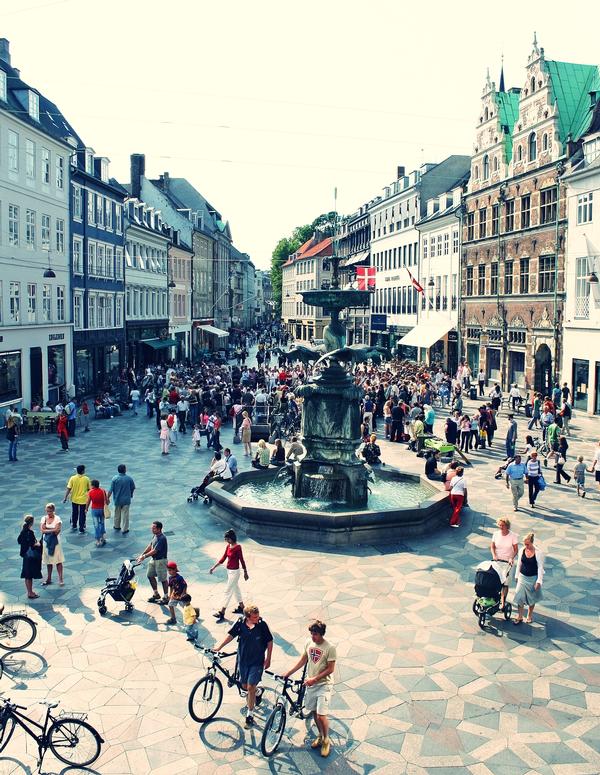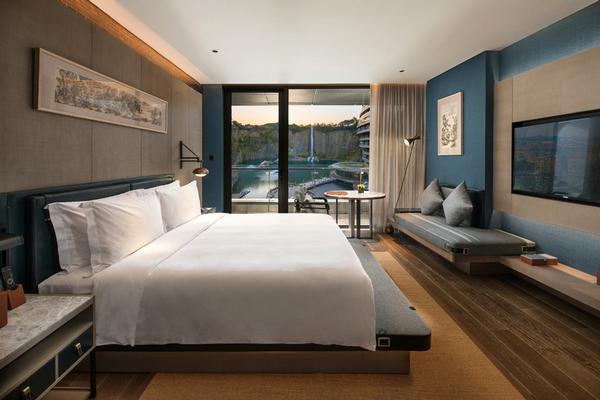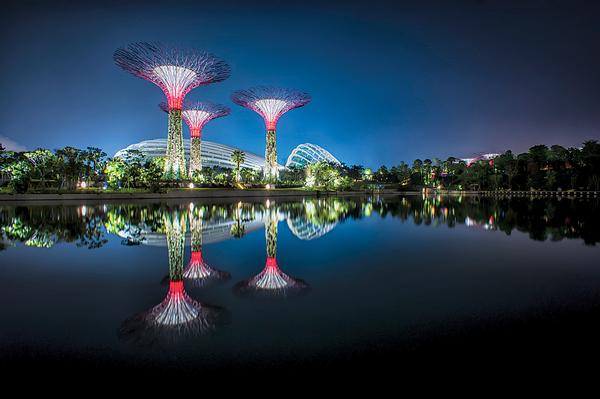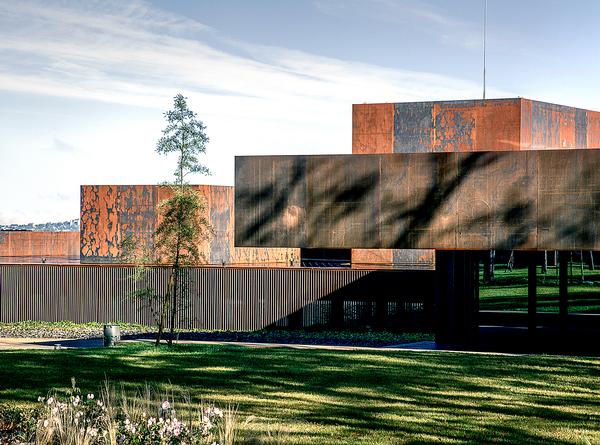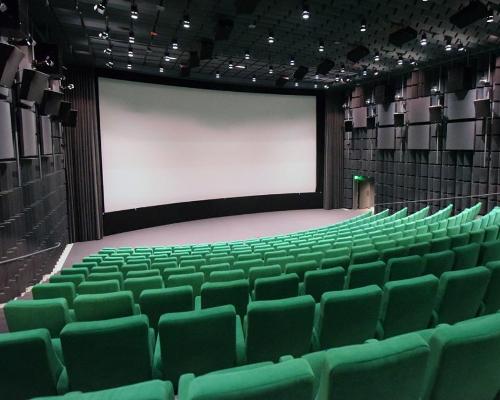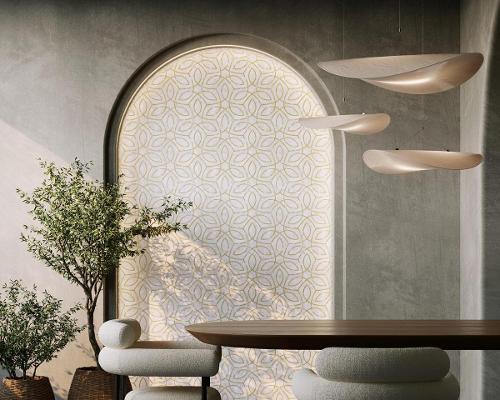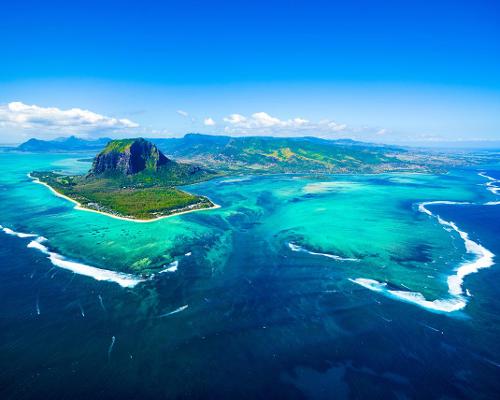Qatar 2022 workers subject to human rights abuses, alleges Amnesty International
Migrants working on Qatar’s Khalifa Stadium, and its surrounding Aspire Zone, have been deceived about their working conditions, pay and subjected to abuse according to a damning report published by Amnesty International.
The global human rights campaign organisation has alleged that migrant workers – mostly arriving from south Asia to work on infrastructure for Qatar’s FIFA World Cup 2022 – had to pay recruiters between US$500 (£348, €438) and US$4,300 (£2,993, €3,771) to get a job, and then received a lower salary than they were promised.
“Workers can feel they had no choice but to accept lower wages than they were promised, poor conditions and other ill treatment because they have large loans (from recruiters) to pay off,” said the report.
Based on the responses of 234 workers Amnesty interviewed, several complained about delayed payments of salary, in some instances being months in arrears, while 108 workers complained about being forced into labour.
Other grievances logged included inadequate accommodation and the withdrawal of passports on arrival, meaning that they were not allowed to leave the country. Even in cases such as Nepalese workers asking to visit their home country to check on their families after the devastating earthquake last year, they were declined.
Amnesty has condemned the Qatari government for “being responsible for the human rights abuses occurring in the country” and observed that its “sponsorship system is at the heart of much of the most egregious labour exploitation.”
FIFA – the world footballing governing body – was also criticised for not placing any measures to ensure that workers on the World Cup infrastructure would not be exploited.
Amnesty International secretary general Salil Shetty said FIFA had “failed almost completely to stop the World Cup being built on human rights abuses.”
He added: “The abuse of migrant workers is a stain on the conscience of world football. Indebted, living in squalid camps in the desert, paid a pittance, the lot of migrant workers contrasts sharply to that of the top-flight footballers who will play in the stadium.
“If FIFA’s new leadership is serious about turning a page, it cannot allow its showcase global event to take place in stadiums built on the abuse of migrant workers.”
Qatar’s Supreme Committee for Delivery and Legacy has hit back at the findings, claiming that Amnesty’s investigation was “limited to just four companies out of more than 40 currently engaged on Khalifa International Stadium”.
“We acknowledge that Amnesty identified challenges in worker conditions existing in early 2015,” its statement added. “But as the result of the Supreme Committee’s continued enforcement and monitoring efforts, many of the issues raised had been addressed by June 2015, months before the publication of Amnesty’s report.”
For the full report click here.
Qatar FIFA World Cup 2022 Amnesty InternationalQatar looks to tents for World Cup 2022 accommodation
Winning sport-related business in Russia and Qatar 'a challenge' for British firms
Khalifa Stadium set to become first Qatar World Cup venue to be completed
Pressure mounts on FIFA following fresh Qatar 2022 corruption allegations
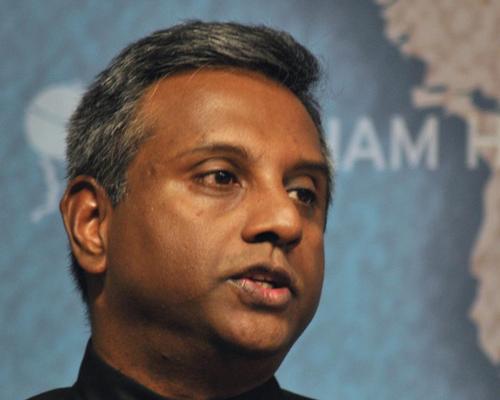

Europe's premier Evian Spa unveiled at Hôtel Royal in France
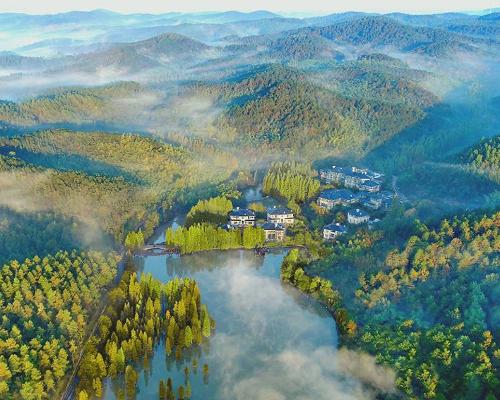
Clinique La Prairie unveils health resort in China after two-year project
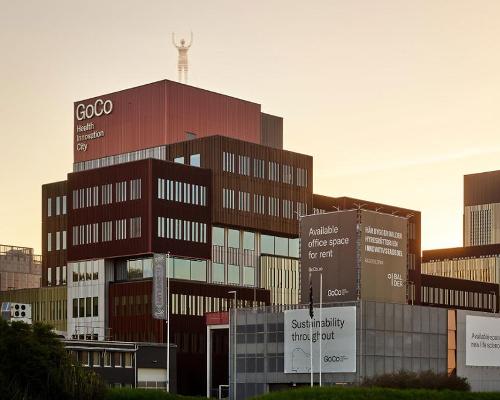
GoCo Health Innovation City in Sweden plans to lead the world in delivering wellness and new science
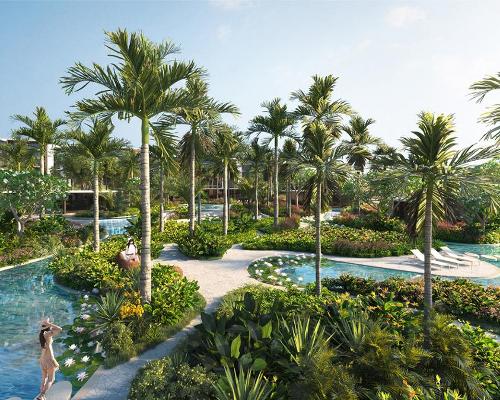
Four Seasons announces luxury wellness resort and residences at Amaala
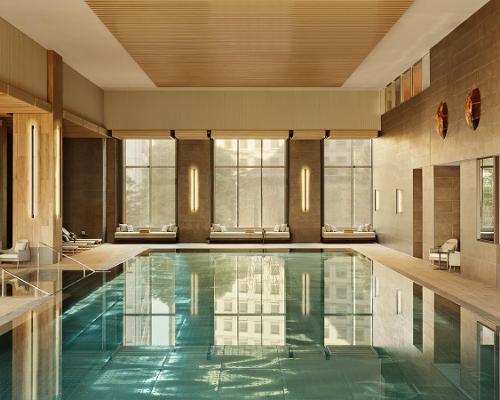
Aman sister brand Janu debuts in Tokyo with four-floor urban wellness retreat
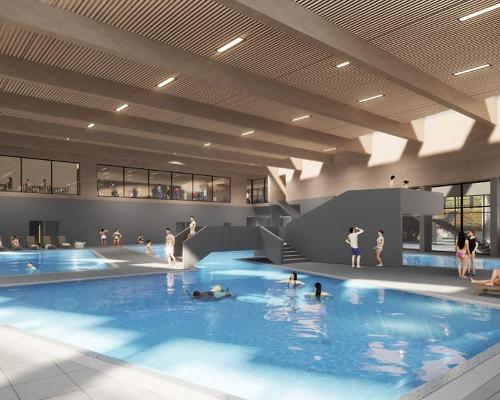
€38m geothermal spa and leisure centre to revitalise Croatian city of Bjelovar
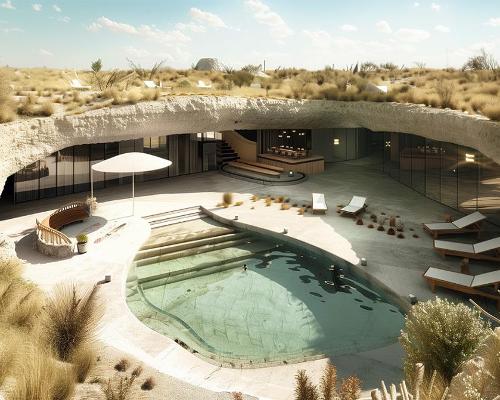
Two Santani eco-friendly wellness resorts coming to Oman, partnered with Omran Group
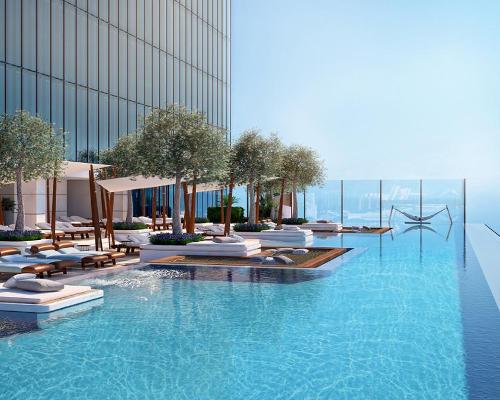
Kerzner shows confidence in its Siro wellness hotel concept, revealing plans to open 100
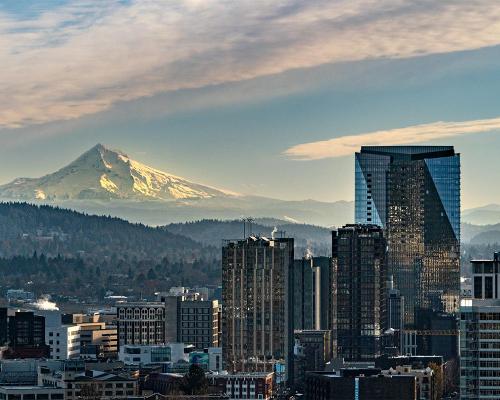
Ritz-Carlton, Portland unveils skyline spa inspired by unfolding petals of a rose
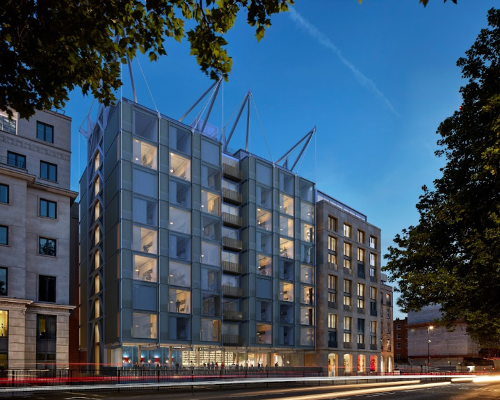
Rogers Stirk Harbour & Partners are just one of the names behind The Emory hotel London and Surrenne private members club

Peninsula Hot Springs unveils AUS$11.7m sister site in Australian outback
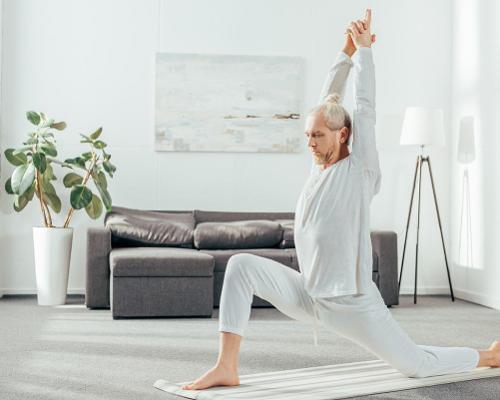
IWBI creates WELL for residential programme to inspire healthy living environments
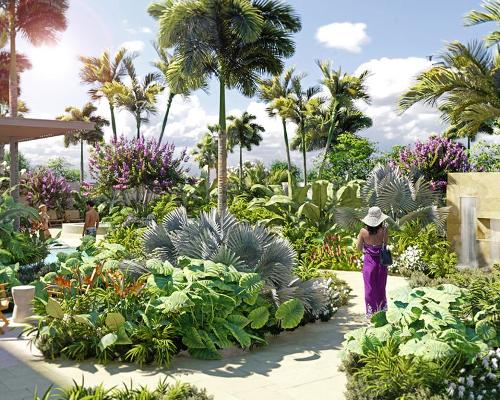
Conrad Orlando unveils water-inspired spa oasis amid billion-dollar Evermore Resort complex
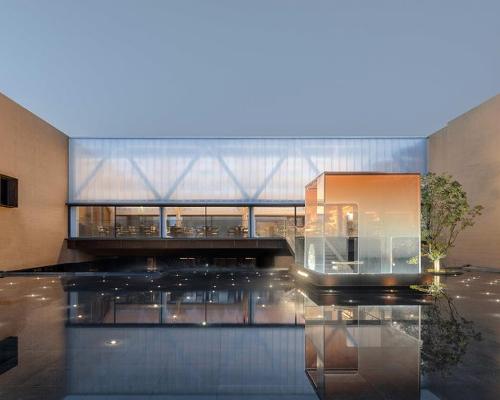
Studio A+ realises striking urban hot springs retreat in China's Shanxi Province
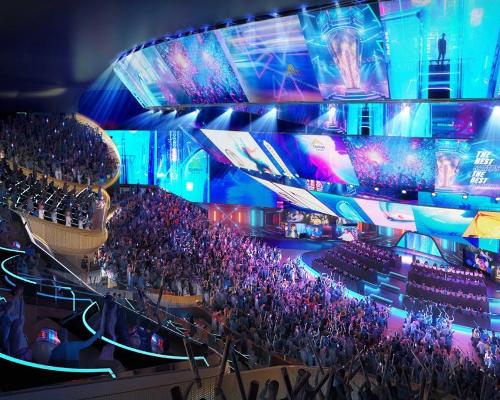
Populous reveals plans for major e-sports arena in Saudi Arabia

Wake The Tiger launches new 1,000sq m expansion
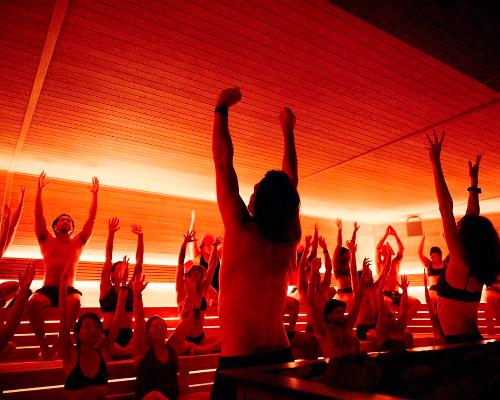
Othership CEO envisions its urban bathhouses in every city in North America
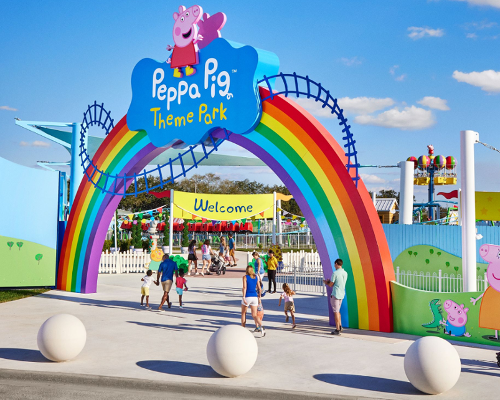
Merlin teams up with Hasbro and Lego to create Peppa Pig experiences
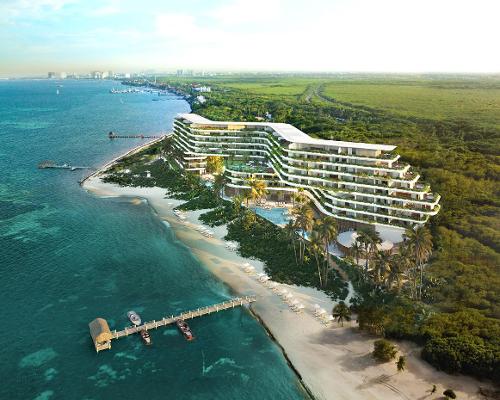
SHA Wellness unveils highly-anticipated Mexico outpost
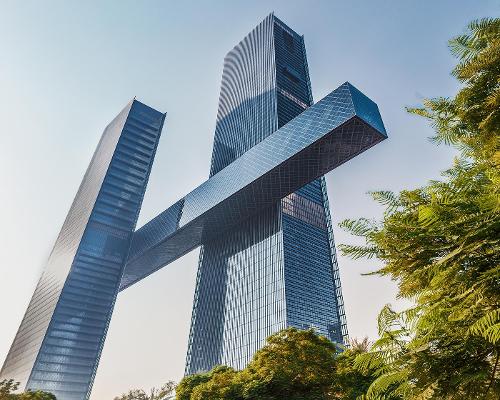
One&Only One Za’abeel opens in Dubai featuring striking design by Nikken Sekkei
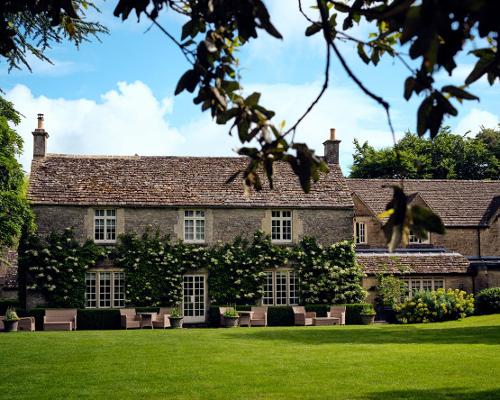
Luxury spa hotel, Calcot Manor, creates new Grain Store health club
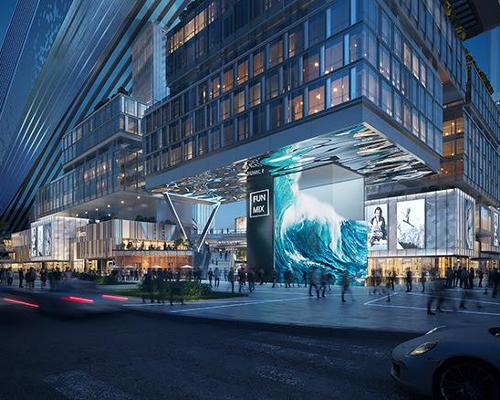
'World's largest' indoor ski centre by 10 Design slated to open in 2025
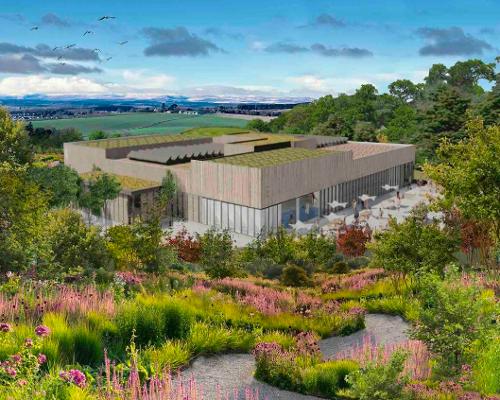
Murrayshall Country Estate awarded planning permission for multi-million-pound spa and leisure centre
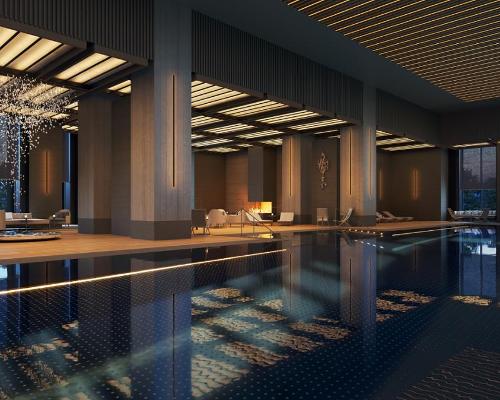
Aman's Janu hotel by Pelli Clarke & Partners will have 4,000sq m of wellness space
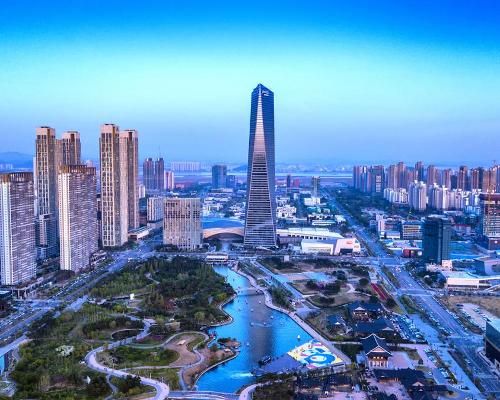
Therme Group confirms Incheon Golden Harbor location for South Korean wellbeing resort
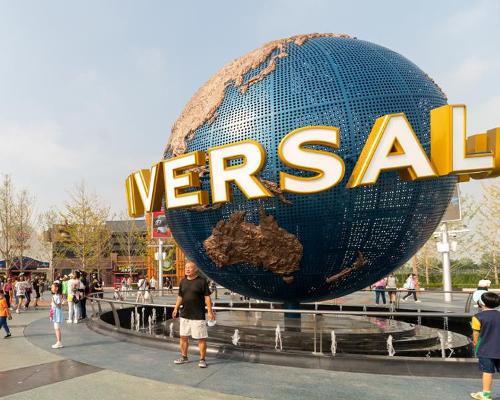
Universal Studios eyes the UK for first European resort
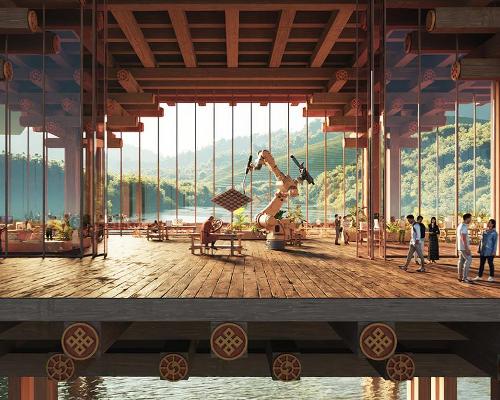
King of Bhutan unveils masterplan for Mindfulness City, designed by BIG, Arup and Cistri

Rural locations are the next frontier for expansion for the health club sector
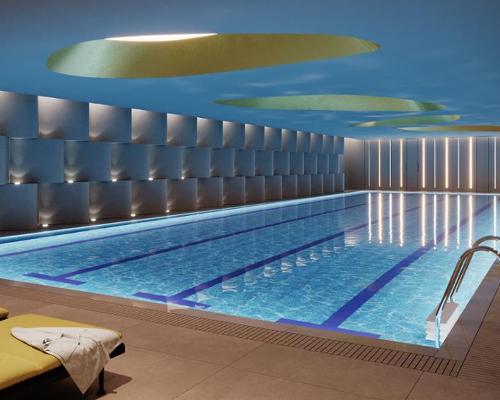
Tonik Associates designs new suburban model for high-end Third Space health and wellness club
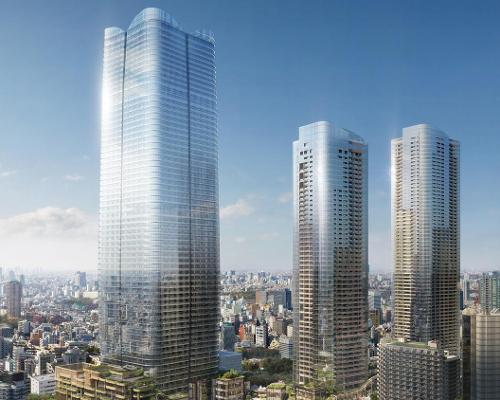
Aman sister brand Janu launching in Tokyo in 2024 with design by Denniston's Jean-Michel Gathy
Early-onset MS inspired Adria Lake to explore resilience as both a healing modality and an approach to design in the creation of her new home and company headquarters in Colorado







